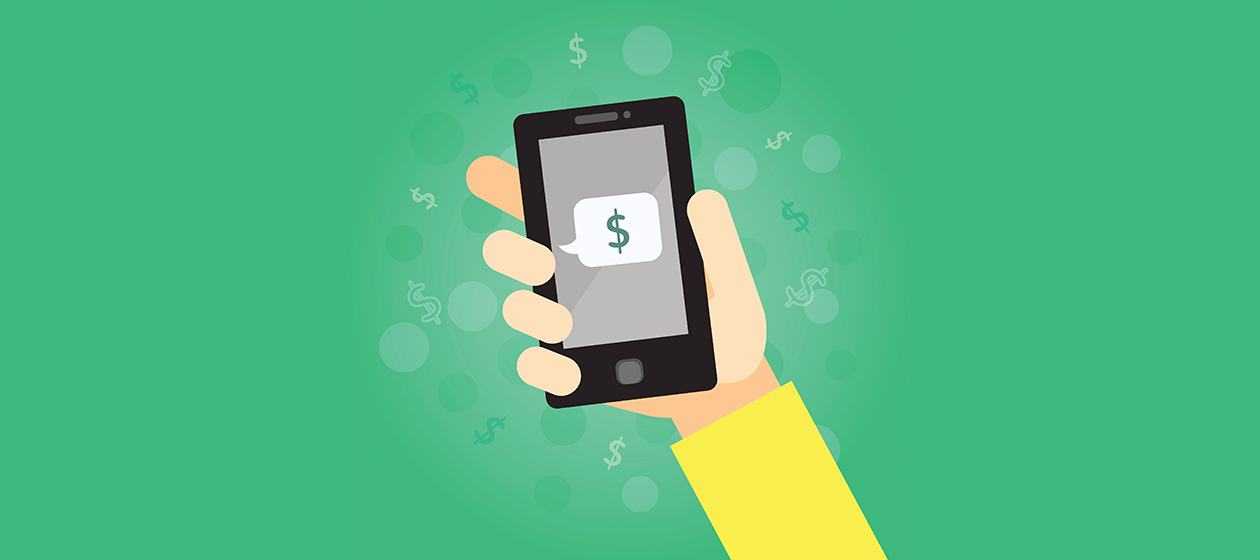A hot investing app to steer clear of
And more of the week's best financial advice

A free daily email with the biggest news stories of the day – and the best features from TheWeek.com
You are now subscribed
Your newsletter sign-up was successful
Here are three of the week's top pieces of financial advice, gathered from around the web:
Investing shouldn't be this fun
Robinhood has quickly become one of the hottest investing apps and now boasts some 5 million users, said Ryan Derousseau at Money — but "you should stay away." Yes, it's easy to use and offers trading with no commissions. But the app is "basically day trading for the mobile era," and it's loaded with features that can actually hurt investors. Robinhood's opening screen, for example, offers big-name stocks like Apple and cryptocurrencies, but not the low-cost exchange-traded funds that are the safest ways to invest. Buy shares and you're rewarded with virtual confetti, followed by notifications about how the stock is doing. It's a setup that promotes frequent trading. Long-term, you're better off putting your money in an index fund and leaving it there than trying to pick individual stocks.
The Week
Escape your echo chamber. Get the facts behind the news, plus analysis from multiple perspectives.

Sign up for The Week's Free Newsletters
From our morning news briefing to a weekly Good News Newsletter, get the best of The Week delivered directly to your inbox.
From our morning news briefing to a weekly Good News Newsletter, get the best of The Week delivered directly to your inbox.
NYU makes med school free
New York University is eliminating tuition for medical students, the first U.S. medical school to do so, said Melissa Korn at The Wall Street Journal. The move goes into effect immediately, and the school will refund tuition payments for the coming year, which had been set at $55,018. Students will still have to pay living expenses. Sixty-two percent of NYU medical school's most recent graduating class carries an average $171,908 in student loans. An NYU official said reducing the debt was a "moral imperative." Nationally, more than 70 percent of grads from the class of 2018 are in debt, with a median of $195,000 in loans. Graduates who go into top-paying specialties such as neurosurgery can cover repayment. But the cost of medical school has limited the supply of doctors in fields such as internal medicine and other primary-care practices.
Goodbye, 'crack and pack'
The IRS has issued a fresh set of rules to limit misuses of the new 20 percent small-business tax break, said Darla Mercado at CNBC. The biggest target: business owners trying to get around the income limits ($157,500 for singles, $315,000 for married taxpayers). "Crack and pack," a strategy of splitting a business into several parts, is now out of bounds. So is having an employee leave and get rehired as an independent contractor. The IRS presumes that if you're doing the same work, you're still an employee and don't qualify for the 20 percent deduction. Even worse, if you went self-employed to grab the tax break, "you're still on the hook for all tax responsibilities related to running your own business."
A free daily email with the biggest news stories of the day – and the best features from TheWeek.com